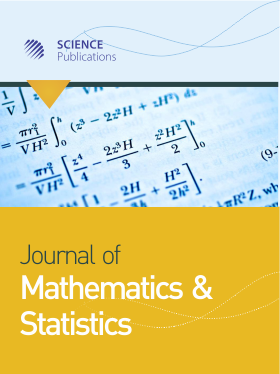Sequences for Determination of Prime Numbers by Elimination of Composites
- 1 Tennessee Tech University, United States
Abstract
In this study, sequences are used for direct computation of prime numbers. A single equation for generating all prime numbers with the exception of 2 and 3 and composite numbers that are not divisible by 2 or 3 is presented. A periodicity to the indices of the composites generated by that equation is determined. An equation to determine the indices of the composite numbers is derived. The equation for determining the composite indices is then altered to avoid redundancy by observation of its diagonal, when its values are inserted into a matrix that has the indexes (j) for columns and (k) for rows. The two equations are presented in several different forms and are used in conjunction to render a technique for computing prime numbers indefinitely. The validity of the technique is proven up to one billion by computation and the prime number theorem.
DOI: https://doi.org/10.3844/jmssp.2017.177.185

- 4,095 Views
- 3,324 Downloads
- 0 Citations
Download
Keywords
- Prime
- Sequence
- Generation
- Composite
- Elimination
